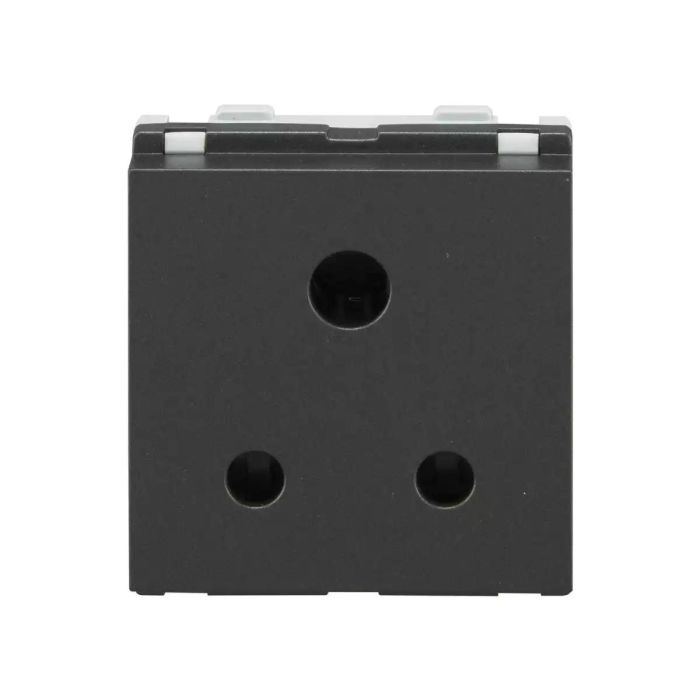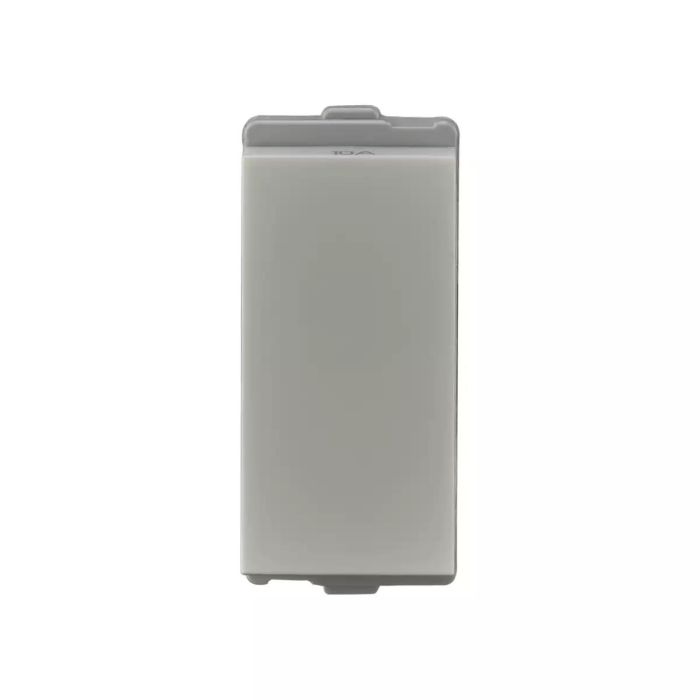In today’s technology-driven world, every household relies heavily on electricity to power various devices and appliances. From kitchen equipment to entertainment systems, almost everything plugs into a wall socket. While often overlooked, plug sockets are critical components in ensuring both convenience and safety. Choosing the right type and brand of plug sockets not only provides a consistent power supply but also safeguards your home against electrical hazards.
With innovations in design and safety features, plug sockets have evolved significantly. Whether you’re setting up a new home or upgrading existing electrical systems, understanding the different options—especially the emerging smart plug socket technology—can help you make informed decisions.

Understanding Plug Sockets: The Basics
Plug sockets, also known as power outlets, serve as the primary interface between electrical appliances and the power supply in your home. These sockets differ in size, shape, voltage capacity, and pin configuration depending on the region and application. Typically mounted on walls, they are used to connect electrical plugs for energy transfer.
Standard plug sockets usually offer:
Single or dual outlets
Switches for on/off control
Protective shutters for child safety
Fuse protection for overloads
They come in various types such as 2-pin, 3-pin, universal sockets, and modular designs that fit seamlessly into modern interiors.
Why Choosing the Right Plug Socket Matters
While it may seem minor, using the right plug and sockets can significantly affect the functionality, safety, and energy efficiency of your home. Substandard or outdated sockets can lead to:
Loose connections
Electrical sparks
Short circuits
Fire hazards
Moreover, high-quality sockets reduce energy loss and improve the performance of connected devices. For homes with heavy electrical usage, investing in durable and certified sockets is not just recommended—it’s essential.
Types of Plug Sockets You Can Choose From
To ensure safe and reliable energy access, here are the main types of plug sockets commonly used in residential setups:
Standard Wall Plug Sockets
These are the most basic and commonly used plug sockets in households. They come with one or two receptacles and are suitable for general use such as connecting TVs, lamps, and chargers.
Pros:
Affordable
Easy to install
Compatible with most appliances
Cons:
Limited functionality
No energy monitoring
Universal Plug Sockets
Universal sockets accept multiple plug types, making them ideal for homes where appliances from different countries are used. These are especially popular in households with frequent international travel or imported electronics.
Pros:
High compatibility
Suitable for international plug types
Cons:
Slightly more expensive
Requires professional installation
Modular Plug Sockets
Modular sockets allow you to customize your wall plates by mixing and matching switches, sockets, and other features such as USB ports and indicators. They are perfect for modern interiors and integrated home systems.
Pros:
Stylish and customizable
Expandable design
Easy to maintain
Cons:
Requires specific installation frames
May be more costly than traditional options
Weatherproof Plug Sockets
Designed for outdoor use, these sockets come with protective covers and sealing to guard against moisture and dust. Ideal for gardens, garages, and patios.
Pros:
Water and dust resistant
Durable casing
Cons:
Bulkier than indoor sockets
Slightly higher cost
Smart Plug Sockets
Smart plug sockets represent the cutting-edge of home automation. These Wi-Fi-enabled outlets allow users to control the power supply remotely through a smartphone app or voice assistant (like Alexa or Google Home). Some models also monitor energy consumption and provide data analytics.
Pros:
Remote control and scheduling
Energy usage tracking
Integration with smart home systems
Cons:
Higher initial cost
Dependent on a stable internet connection
Benefits of Using Smart Plug Socket in Homes
The smart plug socket is becoming a must-have for energy-conscious and tech-savvy homeowners. Here’s why:
Remote Access and Control
With a smart plug, you can turn appliances on or off from anywhere using your phone. This is great for those who travel frequently or forget to switch off devices.

Scheduling and Automation
Smart plugs let you schedule when devices turn on or off, which can help reduce electricity bills and enhance home security by simulating occupancy.
Energy Monitoring
Some smart plug models offer real-time energy tracking, enabling homeowners to identify high-consumption devices and manage energy usage more efficiently.
Voice Control Integration
Pairing with voice assistants like Alexa or Google Assistant brings hands-free control to your daily routine—no more fumbling for switches in the dark.
Tips for Choosing the Right Plug Sockets
Selecting the appropriate plug sockets involves more than just picking the cheapest option. Here are a few tips to guide your choice:
Match the Socket to Appliance Needs
Ensure the socket you choose can handle the voltage and current requirements of the appliance it will serve.
Check for Certification
Look for ISI, CE, or RoHS certifications to ensure safety and quality standards are met.
Consider Aesthetic and Design
For visible installations, select sockets that complement your room’s aesthetics. Modular and designer plug sockets are great choices for a modern look.
Think About Future Upgrades
If you’re considering automating your home, opt for smart plug sockets or modular sockets that can easily integrate with smart home systems.
Hire a Qualified Electrician
Proper installation is key to long-term safety and performance. Always rely on a certified electrician to install or upgrade your sockets.
Common Mistakes to Avoid
Overloading Sockets: Avoid connecting too many high-wattage devices to a single socket.
Ignoring Grounding Requirements: Always ensure that your plug sockets have proper grounding to prevent shocks.
DIY Installation: Unless you are qualified, avoid installing sockets yourself.
Using Adaptors Long-Term: Adaptors should be a temporary solution. Invest in proper socket installations instead.
Conclusion
Upgrading your plug sockets may not seem like a top priority, but it’s a foundational step in ensuring safety, efficiency, and convenience in your home. Whether you’re outfitting a new house or upgrading an old one, understanding the range of available options—including the innovative smart plug socket—can lead to smarter and safer electrical solutions.
For homeowners and professionals looking for top-tier electrical products, Lauritz Knudsen Electrical and Automation offers a wide selection of high-quality plug sockets and smart solutions that meet both aesthetic and functional needs. Their expert guidance and reliable products make them a trusted name in modern electrical installations.


